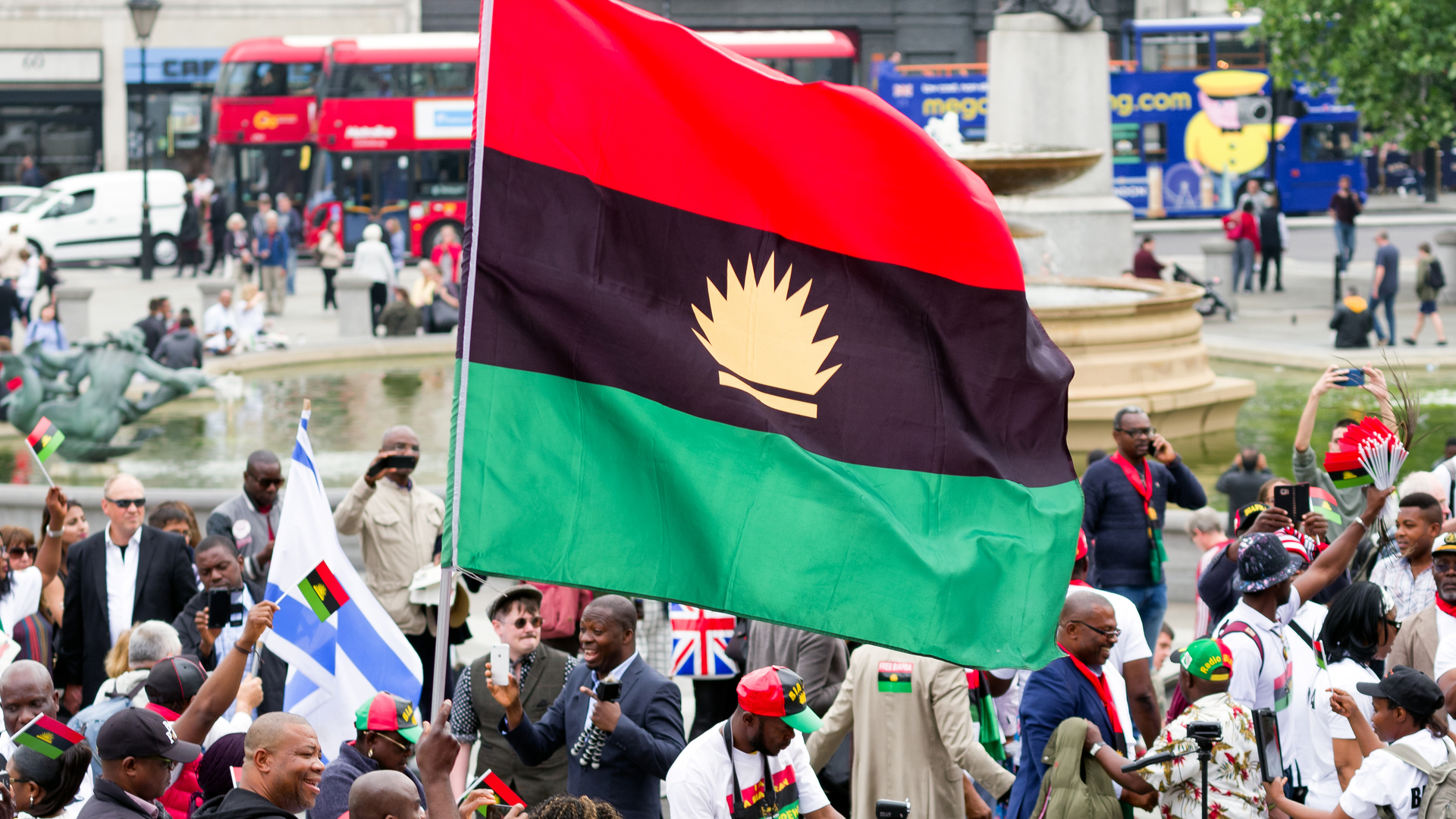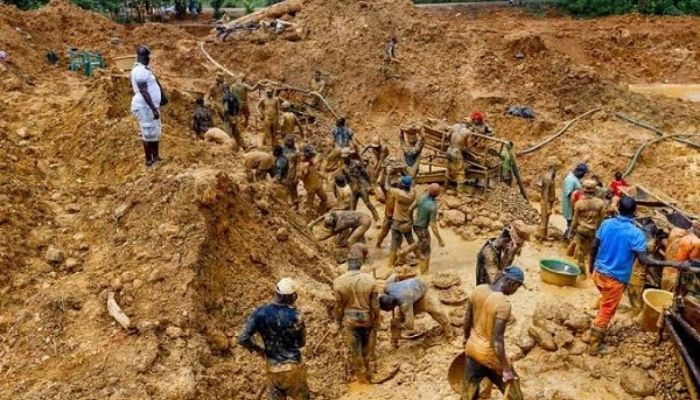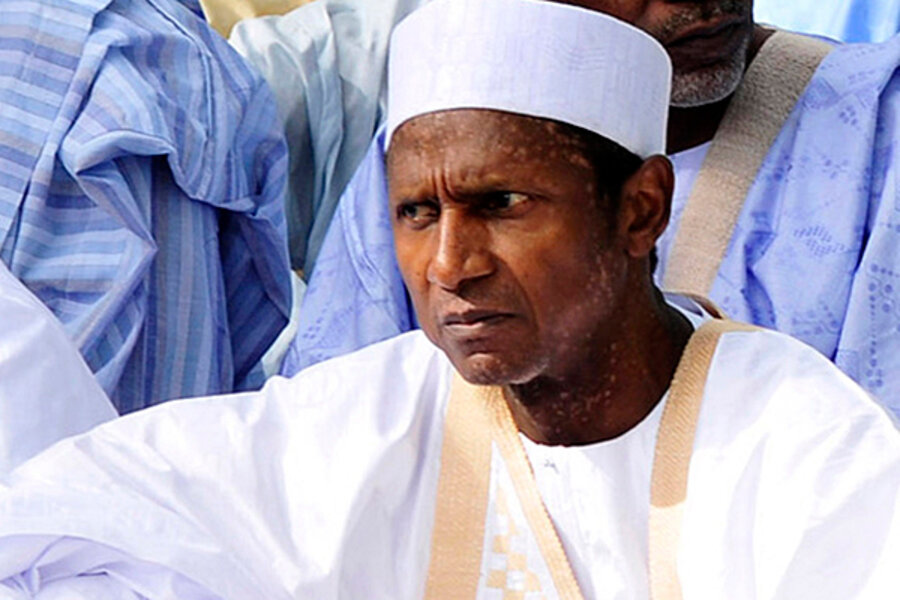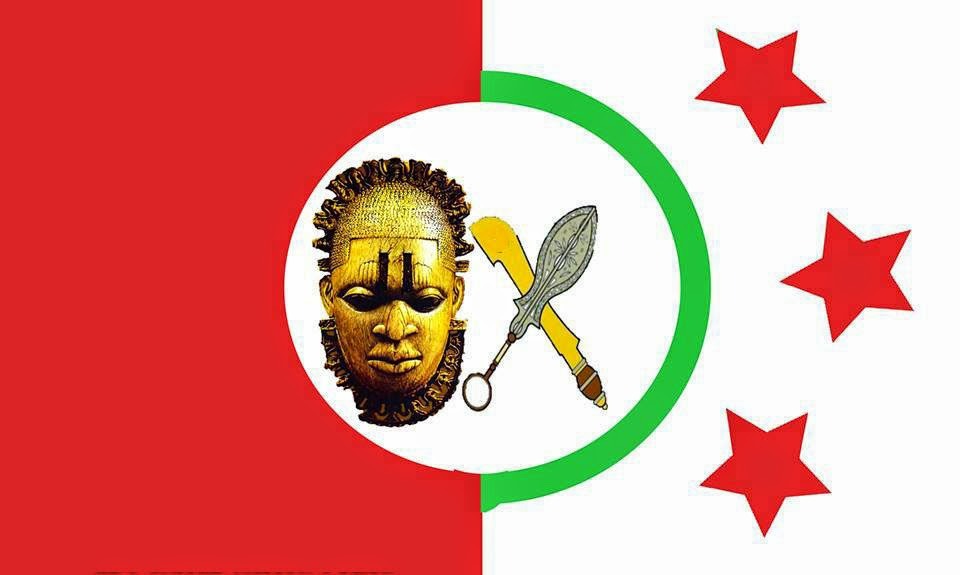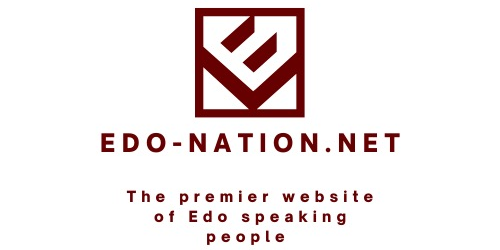Organised By the Civil Society Engagement Secretariat to the National Political Reform Conference (NPRC) Held At Chelsea Hotel, Abuja on the 10th of May 2005.
PREAMBLE
In recent times in Nigeria, there has been a huge debate concerning what has been termed the “Mysterious” Constitution. While there has been denials by both government and delegates to the national reform conference as to how the draft Constitution was submitted as a conference proceeding, civil society in Nigeria embarked on its review to determine how it has captured many suggestions for reform as presented by several stakeholders in Nigeria.
OBSERVATIONS
In an assessment of the draft Constitution at a workshop organized by civil society engagement secretariat to the Nigeria Political Reform Conference, participants observed as follows:
v That the draft Constitution in terms of style is a carbon copy of the 1999 Constitution – utilizing legalistic and archaic language.
v Its language is not gender neutral
v That the surreptitious manner of its emergence and appearance undermined any good intention of the producing the constitution.
v That the process of the draft Constitution was flawed without people’s participation and inclusion
v That the draft Constitution is mixed bag: containing both positive and negative provisions
v That the requirement of a referendum is absent in the draft Constitution
v That the draft Constitution has positive provisions for women
v The draft Constitution contains some of the proposals made by Citizens Forum for Constitutional Reforms (CFCR)
v That the proposed Constitution not only recognizes civil society, but gives it certain duties. However, the definition of civil society in this section does not include trade unions.
RECOMMENDATIONS
After the review of the draft Constitution participants recommended as follows:
v The provision for the specific rights of citizens must include an unequivocal legal capacity for every citizen to defend these rights and the provisions of the Constitution
v That there should be continuous agitation for affirmative action on issues of women’s rights
v That the Constitution be reviewed to give the work of delimitation of electoral constituencies to National Boundary Commission, National Population Commission, or an Independent Delimitation Commission
v That there should be provision for the establishment of more electoral tribunal panel after every election to ease the congestion of tribunals
v Restructure substantially the responsibilities of the federal government, its power and areas of authority (exclusive list), and the portion on revenue generation and allocation
v Establish effective public institutions or mechanisms at all levels to monitor, report, and oversee public expenditure
v Ensure the independence of the Judiciary: improve funding, police and prison reforms, strengthen the Legal Aids Council and Human Rights Commission to carry out their statutory roles
v Refocus the federal character commission, granting its powers and duties to intervene at all levels of government to prevent discrimination or to protect citizens who are discriminated against
v Adopt a broader definition of civil society to include trade unions to reflect the experiences of African peoples and culture
CONCLUSION
In conclusion, participants observed that civil society must continue to advocate for the removal of the negative aspects of the proposed Constitution to ensure a sustained democratic culture.
Signed
John Moru
Coordinator
Civil Society Engagement Secretariat
Le Meridien Hotel, Abuja




